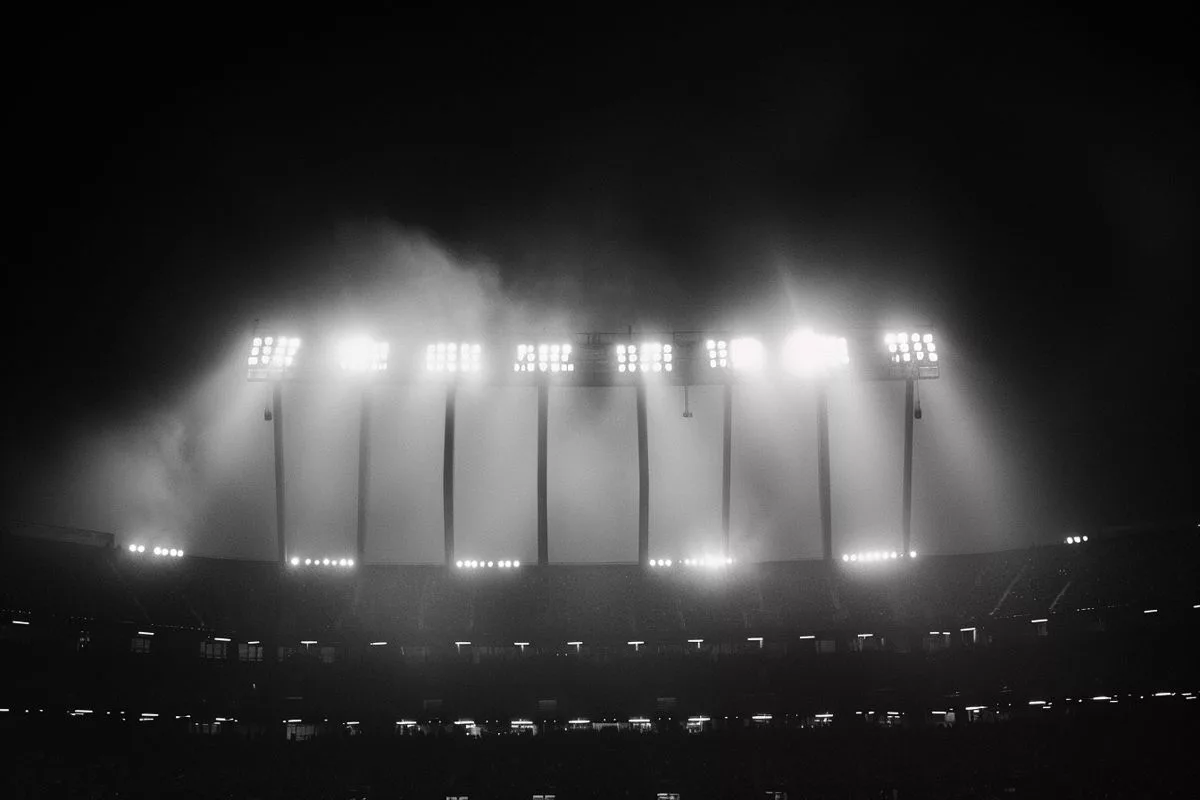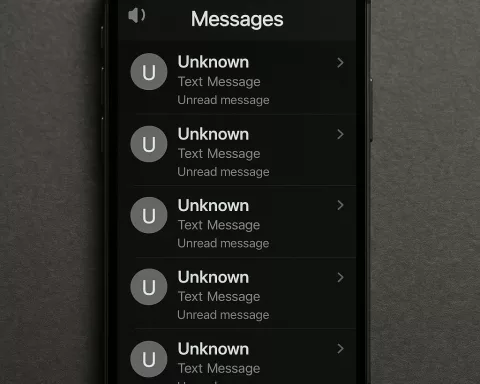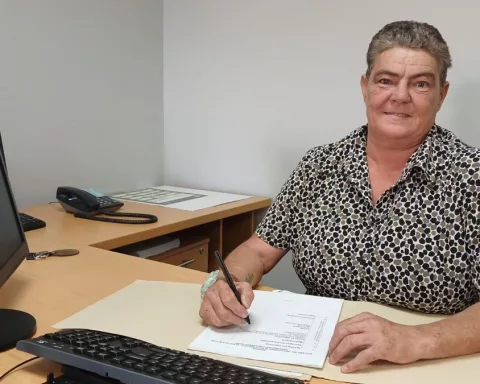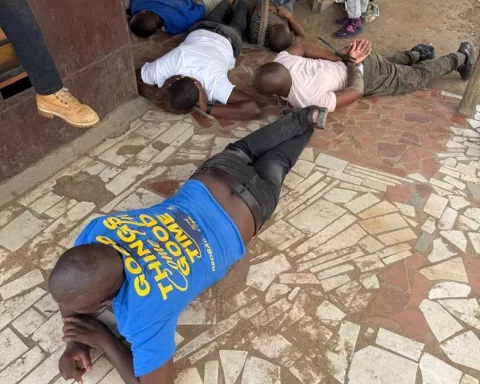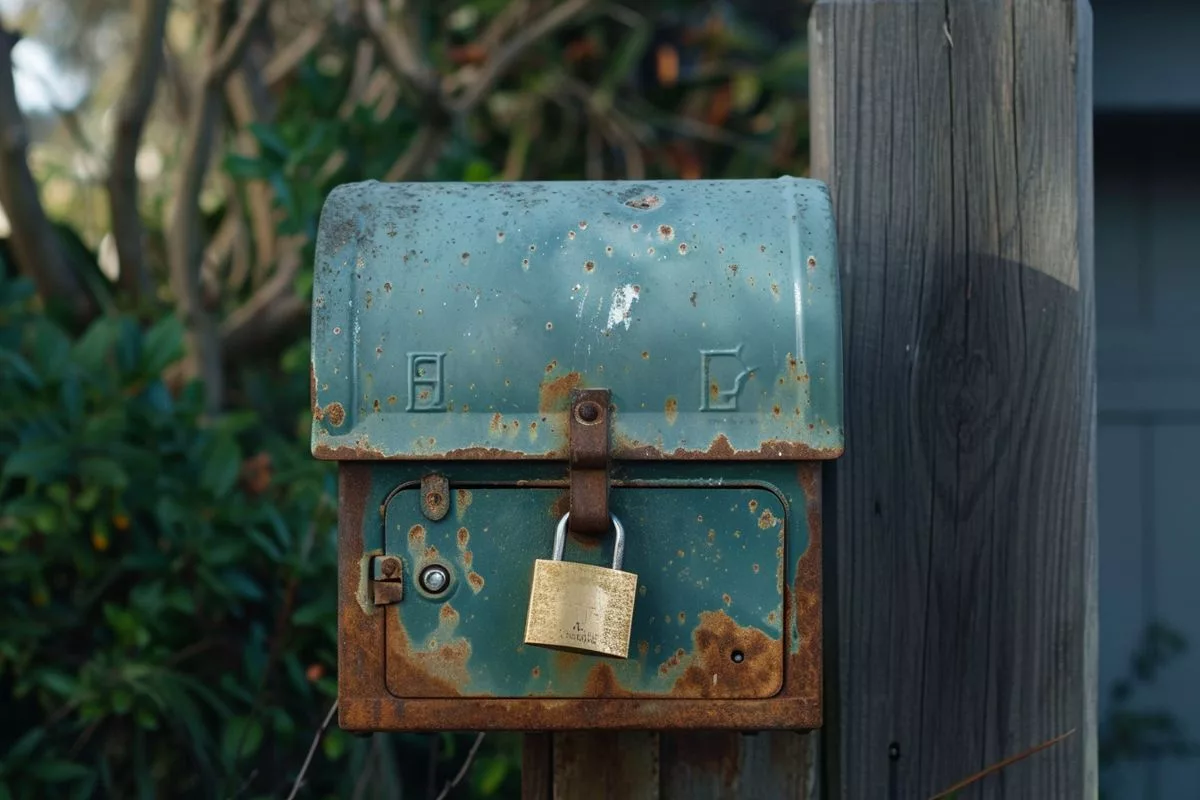African football coaches like Rhulani Mokwena and Pitso Mosimane have the potential to succeed in Europe with UEFA coaching licenses, according to coach Hugo Broos. The scarcity of these licenses among African coaches is the primary obstacle hindering their rise, but Broos envisions Mokwena and other African coaches with these licenses as pioneers, paving the way for massive African talent inflows into European coaching. African coaches like Mokwena and Mosimane have demonstrated their skills, zeal, and knowledge needed to excel at the pinnacle of the sport, and the remaining task is to bridge the gap between this potential and the structural prerequisites of European football.
Can African Football Coaches Succeed in Europe?
Yes, with the acquisition of UEFA coaching licenses, African coaches like Rhulani Mokwena and Pitso Mosimane have the potential to thrive in Europe. The scarcity of these licenses among African coaches is the primary obstacle hindering their rise, according to Hugo Broos, the coach of Bafana Bafana. However, he envisions Mokwena and other African coaches with these licenses as pioneers, paving the way for massive African talent inflows into European coaching.
The path that leads from Africa’s local football fields to the magnificent stadiums of Europe often appears daunting, a seemingly unreachable dream for many football commanders hailing from Africa. However, Hugo Broos, the acclaimed coach of Bafana Bafana, is convinced that this vision is merely delayed due to technicality, and not because of any prejudice or deficit of skill.
Obstacles on the Path to Success
In a recent conversation on the PrimeSportsWithMahlatse YouTube channel, the esteemed coach offered a profound view of the coaching panorama in Africa. Broos accentuated the scarcity of UEFA coaching licenses among African coaches as the principal hurdle that hinders their rise and triumph in Europe. His perspective draws attention towards the systemic constraints that could be thwarting African talent, instead of an absence of aptitude or understanding of the sport.
Celebrating African Talent: Rhulani Mokwena
Broos had nothing but praise for Rhulani Mokwena, a South African coach whom he considers as a true reflection of the potential and fervor of African coaching prodigies. He portrayed Mokwena as a football fanatic, always hungry to learn and aspire in his chosen realm. “Totally engrossed in football,” as Broos succinctly expressed, Mokwena is perceived as a person who could flourish in Europe, given the chance.
Broos strongly encourages Mokwena and his fellow African coaches to aim for UEFA Pro Licenses as their gateway to Europe. He visualizes Mokwena, with his dedication to continuous learning and development, as a probable pioneer for African coaches. If Mokwena and others can attain these licenses, they could pave the way for a massive inflow of African talent into the European coaching sphere.
The Rising Star: Pitso Mosimane
Pitso Mosimane, another coach who has been the focus of discussions regarding African representation in Europe, is currently equipped with a CAF Pro License. This license is designed to be on par with a UEFA Pro License. Mosimane is well-acquainted with the rumors of job propositions circulating around him. Despite his assertion that European clubs exhibit a hesitance towards employing African coaches, Broos disputes this claim. He contends that the predicament is not rooted in racial or national biases but lies in the acquisition of the right license.
Mosimane might eventually set foot in Europe, with a plethora of opportunities awaiting him. And as Broos emphasizes, the key to unlocking this door is the licenses, the necessary paperwork that could mark the onset of a new epoch for African coaching talent in Europe.
Shifting Narrative and Bridging the Gap
The perspectives shared by Hugo Broos are instrumental in altering the discourse around African representation in European football. The issue at hand is not about the ability or talent. African coaches, as exemplified by Mokwena and Mosimane, have demonstrated that they possess the requisite skills, zeal, and knowledge needed to excel at the pinnacle of the sport. The remaining task is to bridge the gap between this potential and the structural prerequisites of European football, a challenge that can be overcome with the procurement of UEFA coaching licenses.
Testament to Progress and Resilience
As African coaches relentlessly strive to stretch limits and demolish boundaries, they personify the spirit of advancement and tenacity. They stand as a testament to their potential and a representation of the beauty, diversity, and talent that football unites. They continue to prove that with the right training and qualifications, they can not only match the performance of European coaches but also add a unique flair that stems from their rich, diverse backgrounds.
How can African coaches succeed in Europe?
African coaches can succeed in Europe by acquiring UEFA coaching licenses, as these licenses are recognized as prerequisites for coaching in European football. With the right training and qualifications, African coaches like Rhulani Mokwena and Pitso Mosimane have the potential to thrive in Europe and add a unique flair that stems from their rich, diverse backgrounds.
What is hindering the rise of African coaches in Europe?
The scarcity of UEFA coaching licenses among African coaches is the primary obstacle hindering their rise, according to Hugo Broos, the coach of Bafana Bafana. He emphasizes that this predicament is not rooted in racial or national biases but lies in the acquisition of the right license.
Who are some African coaches with the potential to succeed in Europe?
Rhulani Mokwena and Pitso Mosimane are two African coaches who have demonstrated their skills, zeal, and knowledge needed to excel at the pinnacle of the sport. Hugo Broos considers Mokwena and other African coaches with UEFA coaching licenses as pioneers, paving the way for massive African talent inflows into European coaching.
What licenses do African coaches need to coach in Europe?
UEFA coaching licenses are recognized as prerequisites for coaching in European football. African coaches need to acquire these licenses to have a chance to coach in Europe and pave the way for massive African talent inflows into European coaching.
What is the key to unlocking the door for African coaching talent in Europe?
According to Hugo Broos, the key to unlocking the door for African coaching talent in Europe is the procurement of UEFA coaching licenses. African coaches like Rhulani Mokwena and Pitso Mosimane can pave the way for a massive inflow of African talent into the European coaching sphere if they can attain these licenses.
What is the main issue with African representation in European football?
The main issue with African representation in European football is not about the ability or talent. African coaches, as exemplified by Mokwena and Mosimane, have demonstrated that they possess the requisite skills, zeal, and knowledge needed to excel at the pinnacle of the sport. The remaining task is to bridge the gap between this potential and the structural prerequisites of European football, a challenge that can be overcome with the procurement of UEFA coaching licenses.

